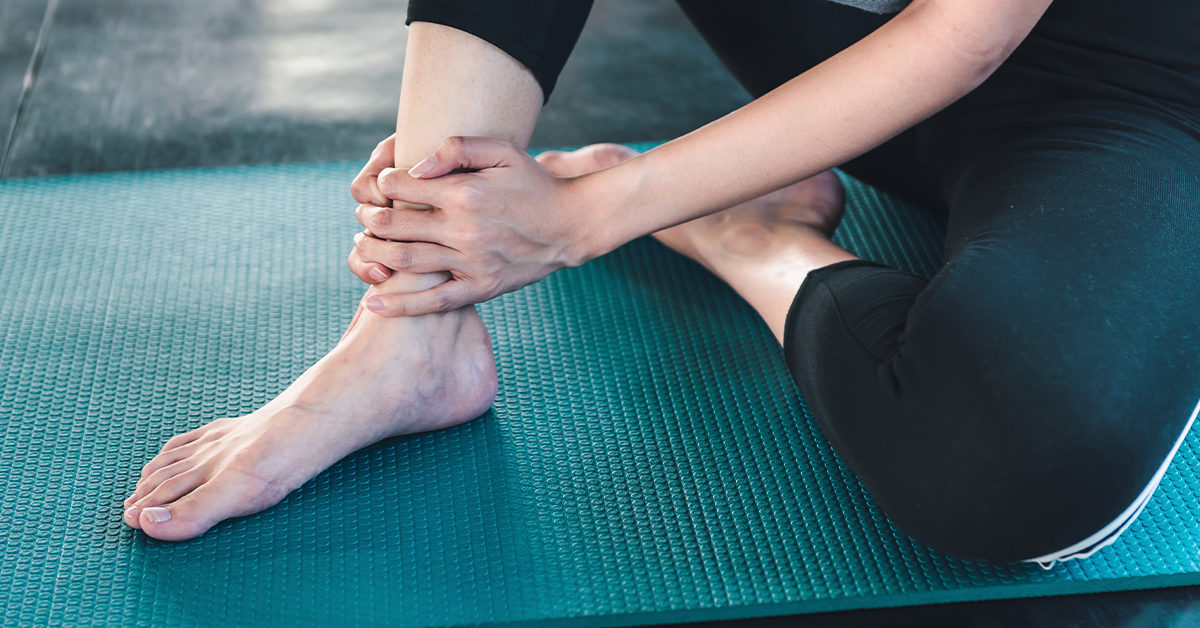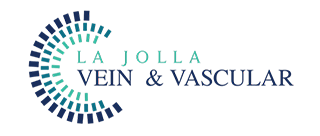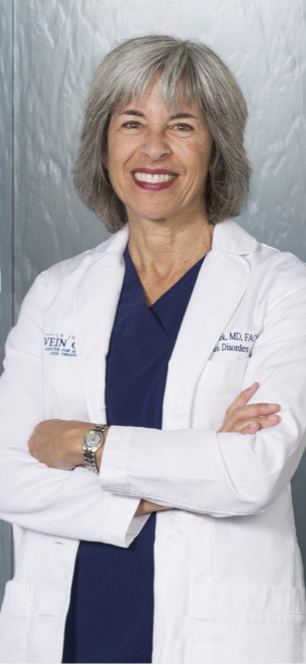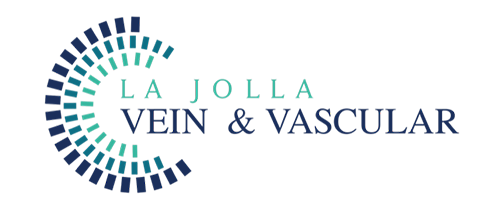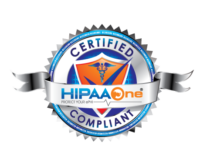About Web@ljvascular.com
This author has not yet filled in any details.So far Web@ljvascular.com has created 44 blog entries.
5, 11, 2014
30, 10, 2014
Muscle Hernia or Varicose Veins?
Web@ljvascular.com2022-01-04T04:16:53-08:00Muscle herniations of the legs frequently are confused with varicose veins. Patients may present with bulging along the outer part of the shin, that looks like a varicose vein. It may or may not be painful. It goes away with flexing the foot (pointing your toes to your head). But, to experienced vein care […]
World Thrombosis Day
Web@ljvascular.com2014-10-14T16:49:44-07:00Venous thrombosis is an extremely important condition, that we take very seriously at La Jolla Vein Care. Since we deal with veins, we frequently diagnose this condition in our office. This condition always requires attentions, as consequences can be severe and life-threatening in some cases. The following about World Thrombosis Day, which is a movement […]
Inherited Risk of Deep Venous Thrombosis (DVT)
Web@ljvascular.com2014-10-07T16:16:43-07:00The Factor V Leiden mutation is one of the most common inherited genetic mutations, causing blood clotting disorders. It is found in 4% to 6% of the U.S. population.
If someone has one copy of this genetic mutation (heterozygous), they are considered a carrier of the mutation. A carrier has an approximate 3 to 6 fold increased […]
Varicose Veins and Heart Disease
Web@ljvascular.com2021-11-04T14:08:22-07:00Are varicose veins associated with heart problems?
Varicose veins are not associated with heart disease and do not indicate a problem with the heart. With varicose veins and venous insufficiency, the vein valves are weak and leaky. But, only the valves in the leg veins are affected. These valves are different than heart valves. Additionally, heart disease
Importance of a Certified Sonographer
Web@ljvascular.com2014-10-01T20:49:54-07:0030, 9, 2014
Blood Clotting Mutation Affects 1-2% of the Population
Web@ljvascular.com2014-09-30T21:16:45-07:00A point mutation (G20210A) in the Factor II (prothrombin) gene is the second most common cause of inherited blood clots and accounts for 20% of the inherited blood clotting disorders. The incidence of this mutation in the Caucasian population is 1-2% and in African Americans it is 0.1%. Carriers of this mutation have an increased […]
Preventing Vein Disease
Web@ljvascular.com2021-11-04T15:06:07-07:00It is impossible to prevent an inherited tendency toward having varicose veins, but it is certainly possible to take measures that will help. Remember that varicose veins are veins that have been stretched so often that they have become chronically dilated. The trick is to limit the opportunity to distend the veins.
1. Wear compression stockings
2. […]
Correlation Between Restless Leg Syndrome and Varicose Veins
Web@ljvascular.com2021-11-04T15:13:13-07:00